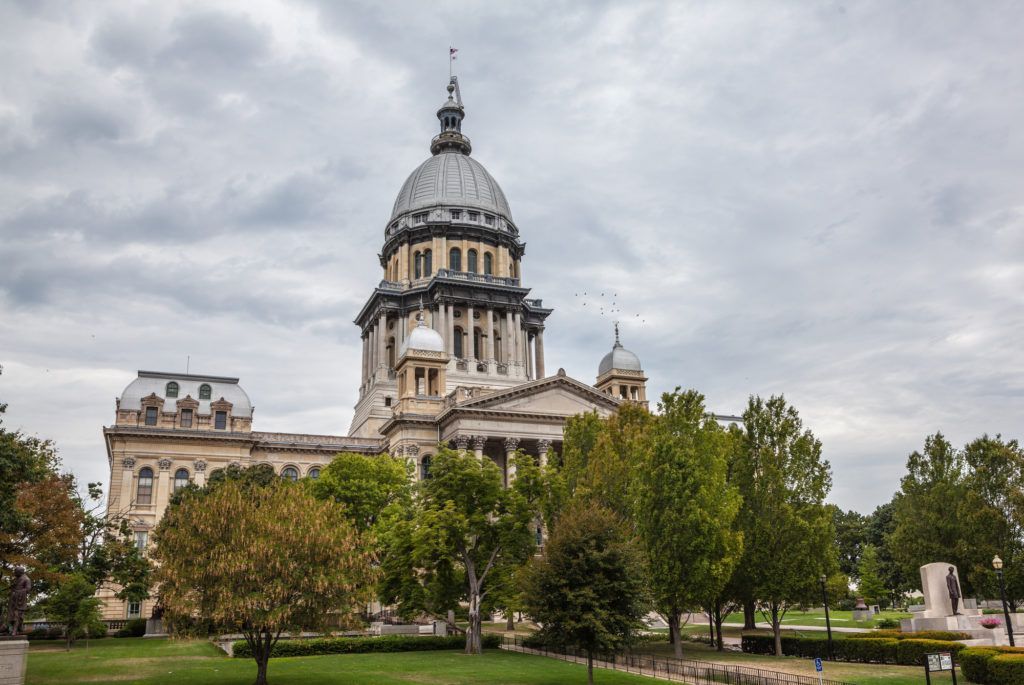
Shapiro & Associates Law: The Enabling Law Behind Real Estate Crowd-Funding
by Justin A. Silva Shapiro & Associates Law Real estate crowd-funding has arrived. […] The post Shapiro & Associates Law: The Enabling Law Behind Real Estate Crowd-Funding appeared first on Shapiro & Associates.
by Justin A. Silva
Shapiro & Associates Law

Real estate crowd-funding has arrived. Through existing sites like RealtyShares.com, investors have invested more than a billion dollars through thousands of investments in just a few short years. While this method of investing is still very small (in contrast to retail investments in mutual funds and the stock market) it fills a market need that shows no sign of disappearing. Shapiro and Associates Law continues to see more and more of its developer clients utilizing this type of crowd-funding platform.
As such, at Shapiro & Associates’ Annual Suburban Developers Conference, we had the distinct pleasure of listening to Mr. Bill Lanting, Vice President and Head of Commercial Real Estate Debt Origination at RealtyShares. Created in 2013, RealtyShares is one of the more prominent real estate crowd-funding platforms, facilitating both debt and equity investments into both commercial and residential real estate. RealtyShares has funded over $300 million to 550 projects that have returned more than $59 million to the companies more than 92,000 registered accredited investors.
Mr. Lanting’s presentation was insightful and we were greatly appreciative of his candor as he took direct questions from many of the Conference’s attendees, largely made up of real estate professionals in development and finance. While listening to Mr. Lanting, I could not help but contemplate why real estate crowd-funding platforms, such as RealtyShares, had not existed prior to 2013. More particularly, during 2013, what changed occurred which provided for this type of real estate financing?
The change occurred as a result of the enactment of the JOBS Act in April 4, 2012 (the “Act”). The Act has been the catalyst for the surge in crowd investing real estate. More specifically, Titles II & III of the Act provided for the central changes allowing for same.
Title II, Lifting the Ban on General Solicitation
Title II reversed the ban on the general solicitation of certain securities, in our case real estate investments. In other words, it allows the advertisement of those investment opportunities — publicly. Previously, these opportunities could be made available only to limited networks of individuals that had a prior existing business relationship with the party selling the securities. Using forms of media, whether radio, television, or the internet to solicit investments was prohibited.
Under Title II, investment opportunities can now be advertised to the public. The restriction remains that only investors verified by issuers as accredited — i.e., holding a net worth greater than $1M (excluding primary residence) or whose individual income exceeded $200K ($300K for those filing taxes jointly with their spouse) for the past two years — can invest in these opportunities.
Title II did not go into effect immediately, rather it required the SEC’s amendment of SEC Rule 506, which explicitly prohibited general solicitation. The rule was finally amended and came into effect on September 23, 2013. The amended rule allowing general solicitation is often referred to as SEC New Rule 506(c).
Title III, Equity Crowdfunding
Title III of the Act concerns the legalization the raising of funds by means of crowd investing. Although the Act passed in 2012, regulators spent four years working details and installing safeguards until they were confident small-time investors would be protected. On May 16, 2016, Title III of the Act, also known as regulation equity crowdfunding , was implemented by the SEC.
Unlike Title II, Title III of the Act allows non- accredited individuals to invest online into private companies. In effect, company investments will be able to be “crowdfunded” in small increments by the general public. Essentially, providing non-accredited investors the opportunity to invest in private companies in exchange for equity. Thanks to Title III of the Act, startups are now allowed to raise up to $1M in a 12-month period through this kind of crowdfunding. Private companies are required to issue financial statements to potential investors.
Titles II and III of the Act have opened the door to real estate crowding-funding, and has helped level the playing field for non accredited investors to participate in such investments. Currently, because of the fund limits, this type of financing is generally applicable to specific types of development. However, there are no indications that this platform will not continue to grow and Shapiro & Associates Law continues to see this growth in its everyday practice.
Should you have any questions regarding real estate crowd-funding, or would like a copy of Mr. Lanting’s presentation, please contact our office via email at info@shapiroassociateslaw.com or by phone at 312-763-9640.
*Photo credit : Adobe Stocks
The post Shapiro & Associates Law: The Enabling Law Behind Real Estate Crowd-Funding appeared first on Shapiro & Associates.

CONTACT US TODAY
Contact Us
We will get back to you as soon as possible.
Please try again later.
LOCATION
570 Lake Cook Road, Unit 119
Deerfield, IL 60015
Shapiro & Associates Law | All Rights Reserved |
Created by Olive + Ash.
Managed by Olive Street Design.









